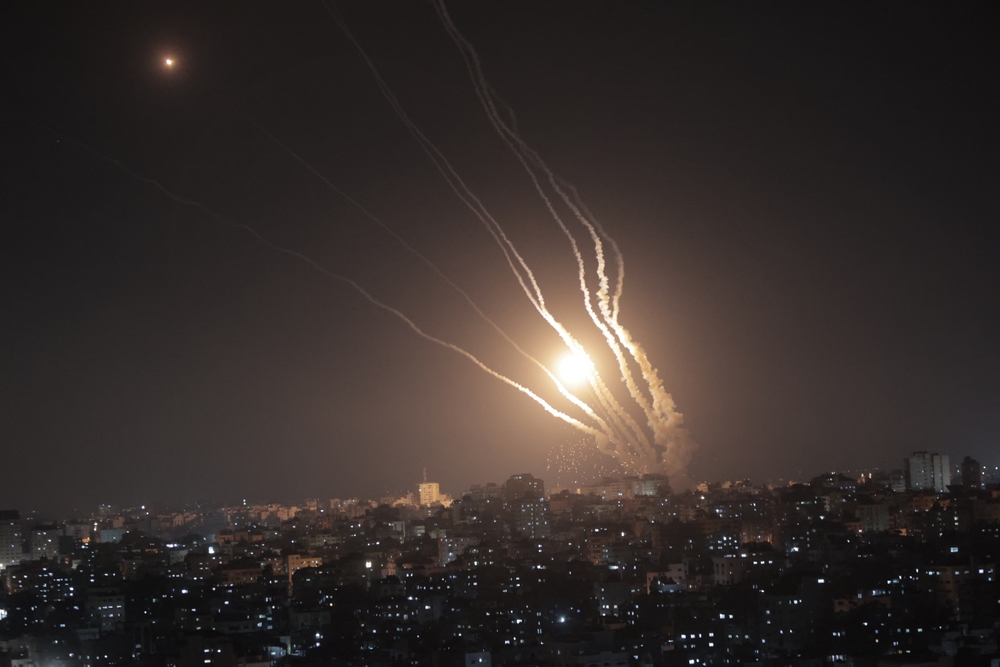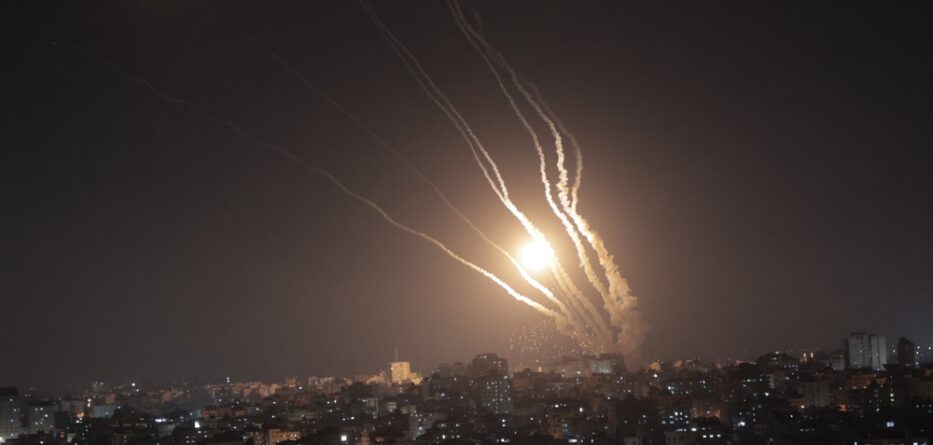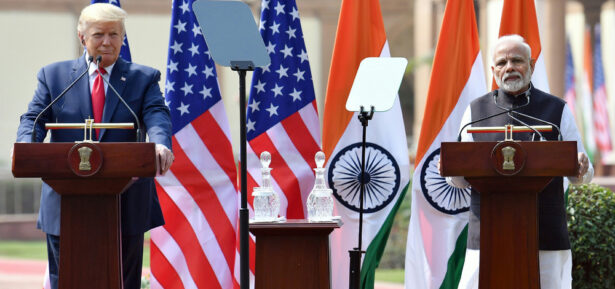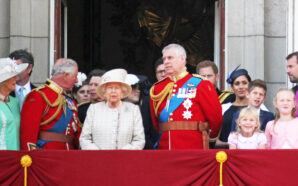
Tensions flared overnight as U.S. President Donald Trump condemned Israel’s surprise airstrikes in Qatar, which left five Hamas delegates and a Qatari security officer dead. The attack struck Doha just as Hamas officials were preparing for ceasefire talks, sparking outrage across the Gulf and leaving the White House blindsided.
In a late-night statement, President Trump expressed deep frustration over the strikes, saying he felt “very bad” about the targeting of a U.S. ally. “Qatar is a strong friend of America, and this kind of action does not help anyone’s goals,” Trump wrote on his social platform. He revealed that Washington was alerted by the U.S. military shortly before the assault and rushed to notify Qatari leaders—but too late to prevent the damage.
Qatar’s Prime Minister Sheikh Mohammed bin Abdulrahman Al Thani sharply criticized the strikes, calling them a “blatant violation of sovereignty” and warning his nation “reserves the right” to respond. Explosions rattled parts of Doha after Israeli jets flew more than 1,500 miles to hit the Hamas delegation’s safehouse. While Hamas confirmed the loss of several members, it insisted its leadership survived the assassination attempt.
The fallout has been swift. UK Prime Minister Keir Starmer denounced the attack as reckless, urging an “immediate ceasefire, release of hostages, and a surge of aid into Gaza.” French President Emmanuel Macron and UN Secretary General António Guterres joined in labeling the strikes “unacceptable” and a “flagrant violation of international law.”
White House Press Secretary Karoline Leavitt struck a rare critical tone toward Israel, saying unilateral military action inside a close U.S. ally “does not advance peace or America’s interests.” Trump has dispatched envoy Steve Witkoff to engage directly with Qatari officials in hopes of keeping ceasefire negotiations alive.
Israeli Prime Minister Benjamin Netanyahu, however, defended the operation—named “Summit of Fire”—and vowed Hamas leaders would no longer enjoy “immunity anywhere.” His office insisted the attack was carried out independently of Washington, despite Hamas accusing the United States of complicity.
The strike has rattled global ceasefire efforts at a delicate moment. Qatar, a key mediator alongside Egypt and the U.S., has warned that ongoing attacks threaten to collapse negotiations altogether. Regional powers, including Saudi Arabia and Iran, condemned the escalation, while the U.S. Embassy in Doha issued a “shelter-in-place” order for American citizens.
As Israel intensifies its offensive in Gaza City and regional anger rises, diplomats warn the risk of a wider conflict is growing by the hour. For now, Washington finds itself walking a tightrope—balancing support for Israel with mounting calls from allies and adversaries alike to halt the war before it spirals even further.
-
Credit: Shutterstock Former U.S. President Donald Trump has once again placed Greenland at the center of global conversation, reviving...
-
Credit: Shutterstock Minnesota Congresswoman Ilhan Omar has revised her public comments following the release of new video footage related...
-
Credit: Shutterstock Ukraine’s intelligence landscape is entering a bold new phase as President Volodymyr Zelenskyy reshuffles the top ranks...
-
Credit: Shutterstock In a decisive move aimed at safeguarding civilians and preserving Yemen’s unity, the Saudi-led Coalition has confirmed...
-
Credit: Shutterstock A towering 24-meter replica of the Statue of Liberty was brought down by powerful winds in southern...
-
Credit: Shutterstock Europe is feeling the chill of more than just winter weather, as a potent strain of flu,...
-
Credit: Shutterstock In a pivotal moment for global diplomacy, Russian President Vladimir Putin is set to meet U.S. special...
-
Credit: Shutterstock Udaipur witnessed a glittering fusion of Hollywood, Bollywood, and high society this week as global icon Jennifer...
-
Credit: Shutterstock Following a horrifying road accident involving Umrah pilgrims on the Mecca–Madinah highway late Sunday night, India is...
-
Credit: Shutterstock The world is reeling from the irony this week after reports confirmed that over 100,000 trees were...
-
Credit: Shutterstock As Hurricane Melissa tore across the Atlantic, shattering records and testing the limits of modern aircraft, a...
-
Credit: Shutterstock Royal Lodge Shake-Up: Andrew and Fergie Plan Their Exit In a development that has stirred fresh waves...




















